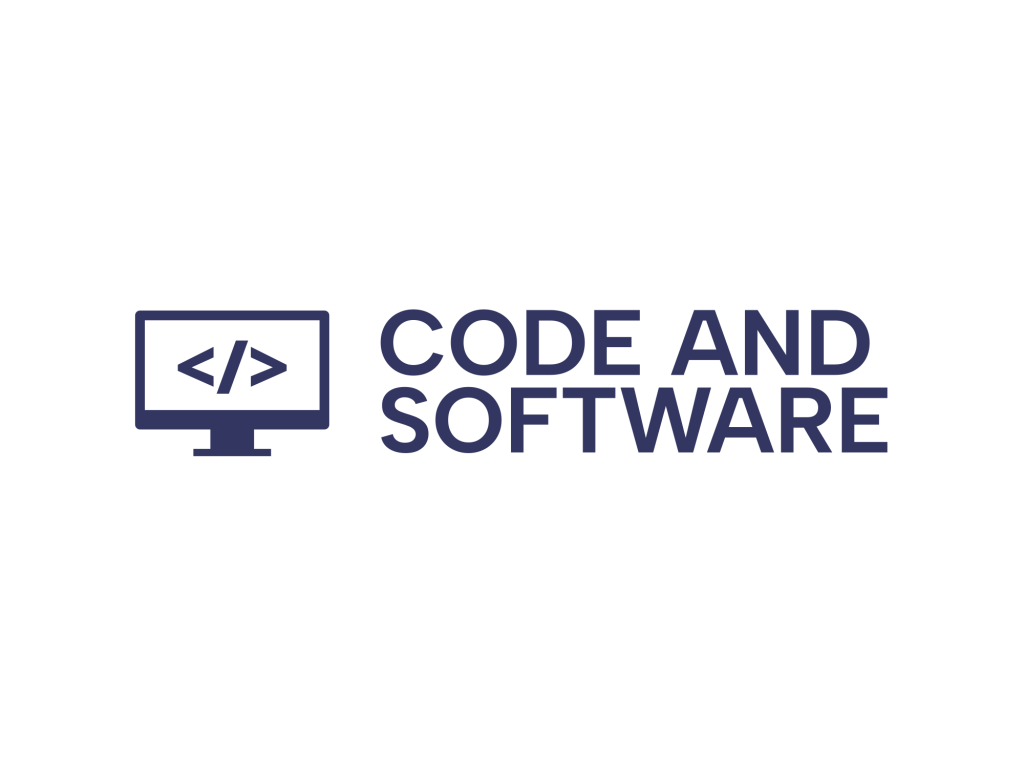In today’s rapidly evolving digital marketplace, building a thriving ecommerce business in the U.S. requires more than just launching a website and listing products. To compete effectively and sustainably, businesses must develop a structured, data-driven ecommerce strategy. This is where expert ecommerce strategy consulting becomes essential. With tailored insights and methodical planning, consulting provides the roadmap to achieve long-term success, increase profitability, and enhance customer satisfaction.
Understanding Ecommerce Strategy Consulting
Ecommerce strategy consulting is a professional service that helps online businesses analyze, optimize, and scale their operations. A strategic consultant provides expert advice across key operational pillars—technology, marketing, logistics, customer experience, and analytics. This approach enables SMEs and large enterprises alike to stay competitive in a crowded marketplace.
Companies that engage with ecommerce consultants benefit from:
- Comprehensive business audits
- Customer journey optimization
- Data-driven decision frameworks
- Omnichannel expansion strategies
- Performance tracking and KPI evaluation
Key Components of a Successful Ecommerce Strategy
To boost ecommerce performance in the U.S. market, consultants analyze and implement tactics in several key areas:
1. Customer-Centric Architecture
One of the most critical aspects of ecommerce success is creating a seamless and engaging customer journey. A strategic consultant will guide businesses in:
- Analyzing user behavior with tools like heatmaps and session recordings
- Implementing mobile-first design to accommodate growing mobile traffic
- Ensuring fast load speeds and minimal friction during checkout

2. Platform and Technology Stack Evaluation
The right technological infrastructure ensures scalability and efficiency. Consultants can help businesses reassess their ecommerce platform—whether it’s Shopify, Magento, BigCommerce, or a custom-built solution—to determine if it’s aligned with current and future goals.
They also evaluate other components such as:
- Inventory and order management systems (OMS)
- Customer relationship management (CRM)
- Marketing automation tools
- Security and compliance measures
3. Data and Analytics Integration
Successful ecommerce brands make decisions based on real-time data. Strategy consultants assist in integrating robust analytics platforms like Google Analytics 4 (GA4), Mixpanel, or Adobe Analytics, ensuring that organizations can track:
- User behavior across different devices and touchpoints
- Marketing ROI from campaigns across platforms
- Conversion funnel drop-off rates
Armed with these insights, businesses can execute A/B tests and continuously improve their strategies.
4. Digital Marketing and SEO Strategy
Navigating the online marketplace effectively requires a sophisticated digital marketing plan. U.S.-based ecommerce businesses can grow visibility and generate leads through a multi-channel approach guided by consultants:
- SEO: Optimizing product pages and content to rank on Google
- PPC: Deploying paid search and social media campaigns targeting the right demographics
- Email Marketing: Building automation flows for abandoned cart recovery and lifecycle marketing
- Influencer and Affiliate Marketing: Leveraging third-party voices to expand reach

Common Challenges and How Consultants Overcome Them
Even the most promising ecommerce ventures encounter obstacles. Ecommerce consultants are skilled in identifying and addressing points of friction. Common issues include:
- High cart abandonment rates – Solved through optimized UX and payment gateways
- Low repeat purchase rates – Tackled with better loyalty programs and personalized emails
- Platform scalability constraints – Handled by migrating to more robust infrastructure
- Poor product discovery – Enhanced with advanced search tools and AI-driven recommendations
Choosing the Right Ecommerce Consultant
Not all consultants bring the same level of value. To choose the right strategic partner, businesses should look for:
- Proven track record with results in the U.S. ecommerce landscape
- Industry-specific expertise – especially for niches like fashion, electronics, health, or B2B ecommerce
- Data literacy and familiarity with modern analytics tools
- Robust communication and collaboration style
It’s also vital that consultants understand compliance requirements such as ADA accessibility, CCPA, and PCI DSS to ensure both ethical and legal operations.
Conclusion: Leveraging Expert Guidance for Long-Term Growth
The U.S. ecommerce market continues to expand at an exponential rate, and without a strategically driven approach, businesses risk falling behind. Ecommerce strategy consulting doesn’t offer a one-size-fits-all playbook—it offers personalized, scalable roadmaps that lead to measurable results.
Through expert evaluation of platforms, marketing strategies, customer experience, and analytics, ecommerce consultants empower brands to make informed decisions, remain competitive, and foster lasting customer loyalty.

For businesses serious about growth and profitability, investing in a trustworthy ecommerce consulting partner is no longer optional—it’s mission-critical.

